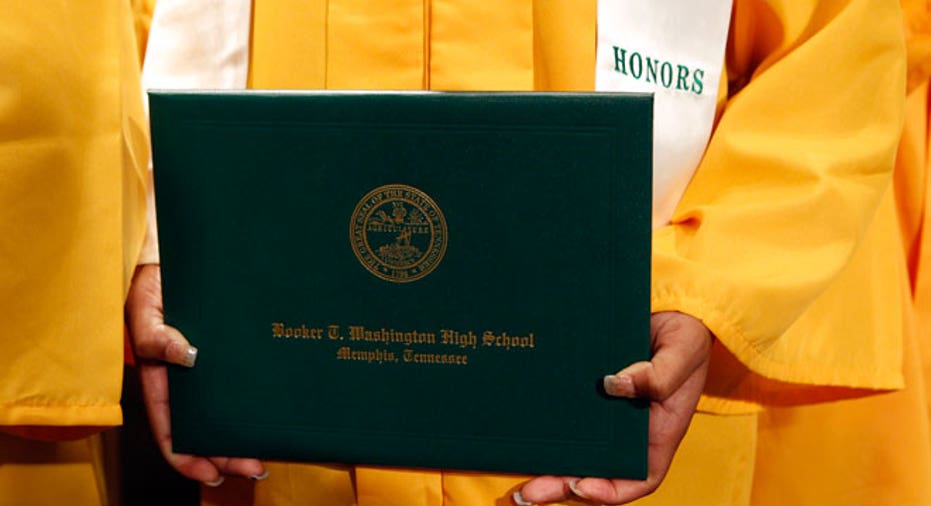How Should Grandma Help With College Costs?

Dear Dr. Don, My mother would like to gift money to each of my four children to help with student loan balances and college costs. My oldest son graduated last year and is still unemployed. I have two daughters in college -- a freshman and a senior. My youngest son will be in his senior year of high school. Would there be any advantage if she paid directly to the loan balances?
Thanks, -- Ann Angle
Dear Ann, Making the loan payments directly to the loan servicer won't provide your mother with any advantage other than knowing the gift is accomplishing what she wants it to accomplish: reducing her grandkids' student loan debt.
For the children who are still in college or about to start, your mother could write tuition checks directly to the school, and that would have the advantage of not counting as taxable gifts to the children. This approach to helping with the grandkids' college costs also has the advantages of: not reducing her federal gift and estate tax exemption; preserving the annual gift exclusion for each child; and reducing her taxable estate.
The disadvantage of direct tuition payments is that payments may reduce financial aid awards to the students.
The annual gift exclusion allows your mother to gift up to the $13,000 limit, tax-free, in 2012 for the child to use for other college expenses such as room and board, in addition to the direct tuition payment. (For a married couple, the annual gift exclusion in 2012 is $26,000 if they split gifts and file a gift tax return.) But any gifting would impact the student's financial aid award.
Contributing to a Section 529 college savings plan may make sense for the two youngest children, especially if you all live in the same state and your home state offers a tax deduction on contributions into the plan. If that's the case, your mother should determine whether she has to be the account owner (with the grandchild as the beneficiary) to get the tax deduction. Any contributions to a 529 plan in excess of the annual gift tax exclusion may avoid gift taxes by using five-year gift tax averaging.
How the Section 529 accounts are treated for financial aid purposes depends on who is named as the account owner. Grandparent-owned 529 accounts aren't counted as assets in the student's Free Application for Federal Student Aid, or FAFSA. But distributions out of the grandparent-owned account to pay college costs are included in student income, negating the FAFSA benefit in all but the student's senior year in college.
Bankrate's content, including the guidance of its advice-and-expert columns and this website, is intended only to assist you with financial decisions. The content is broad in scope and does not consider your personal financial situation. Bankrate recommends that you seek the advice of advisers who are fully aware of your individual circumstances before making any final decisions or implementing any financial strategy. Please remember that your use of this website is governed by Bankrate's Terms of Use.



















